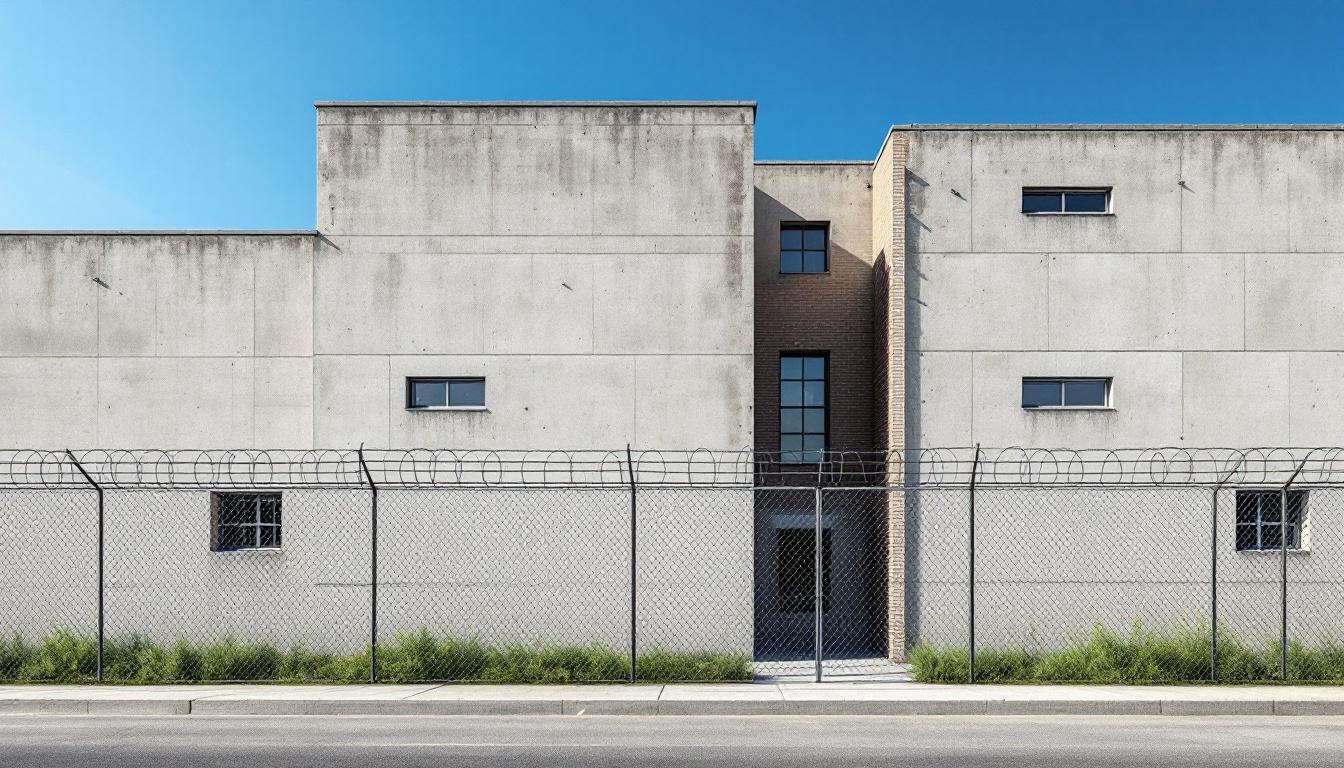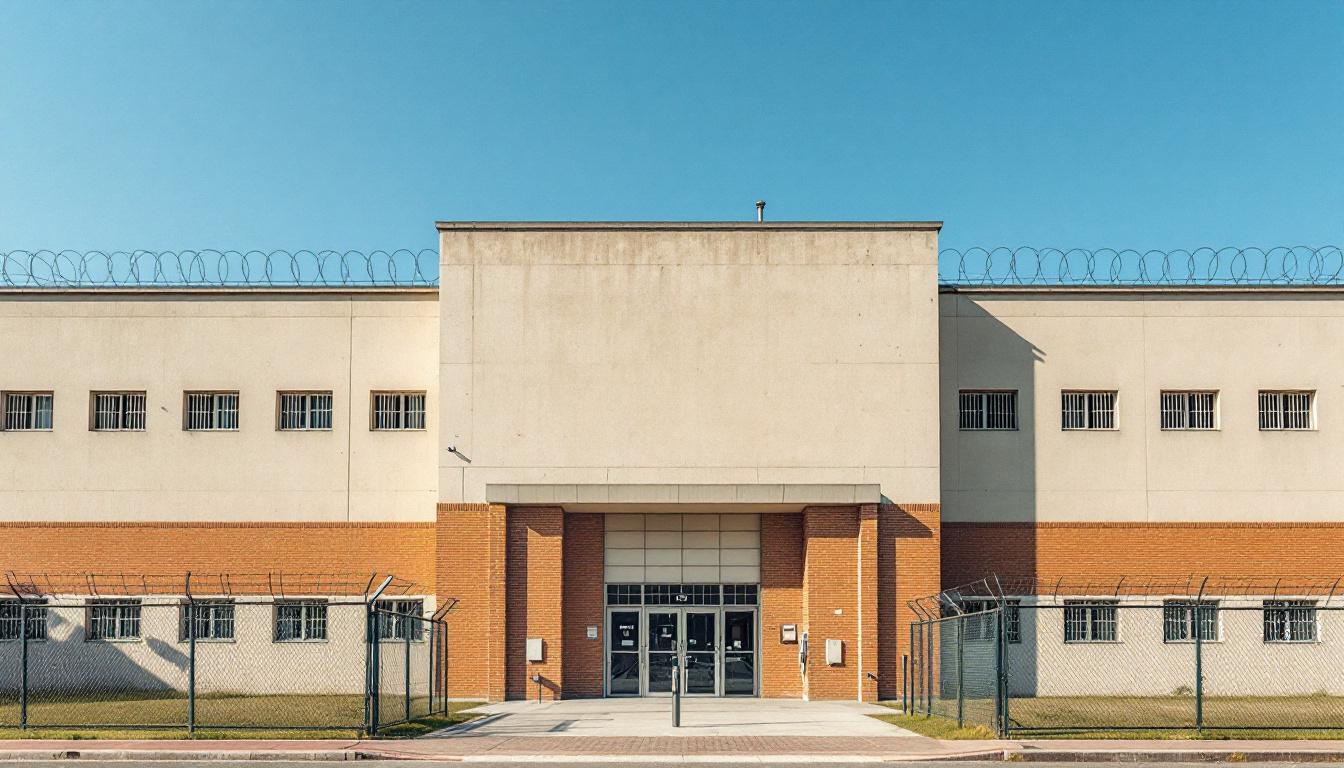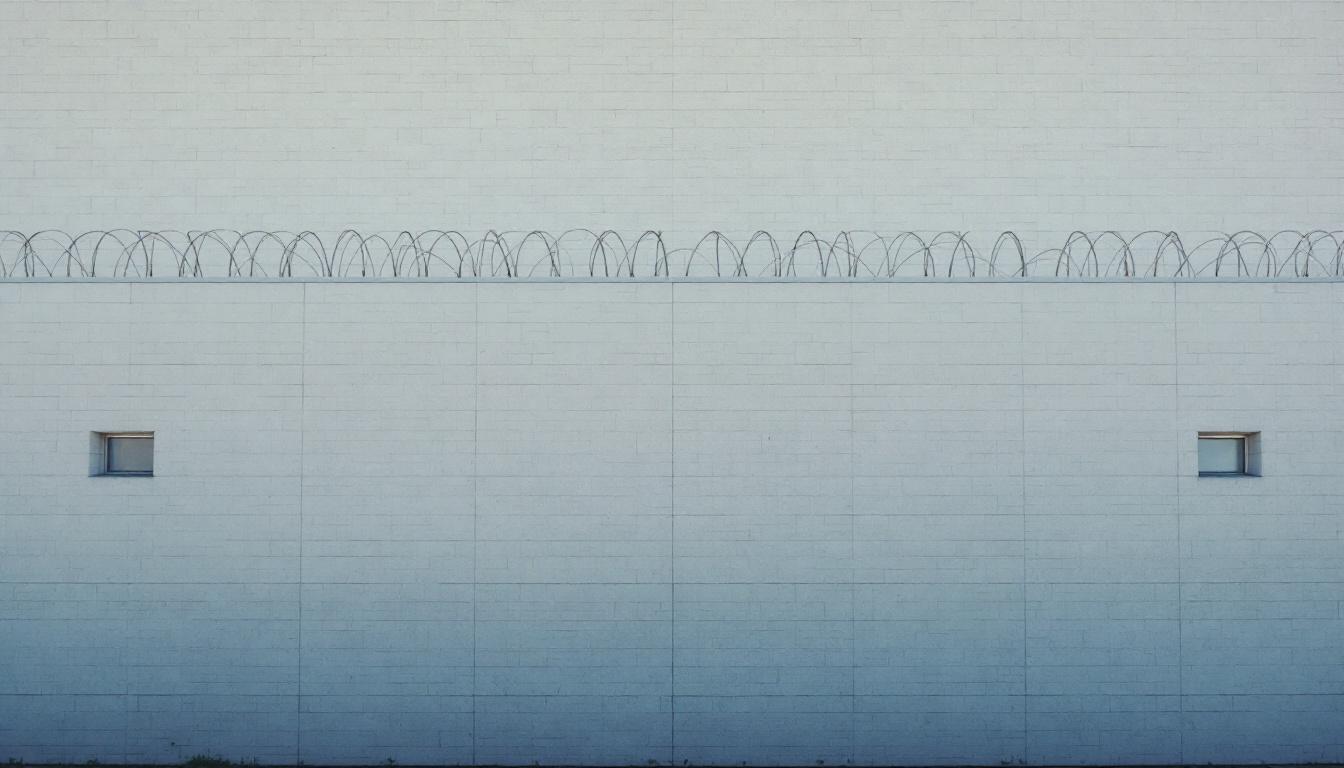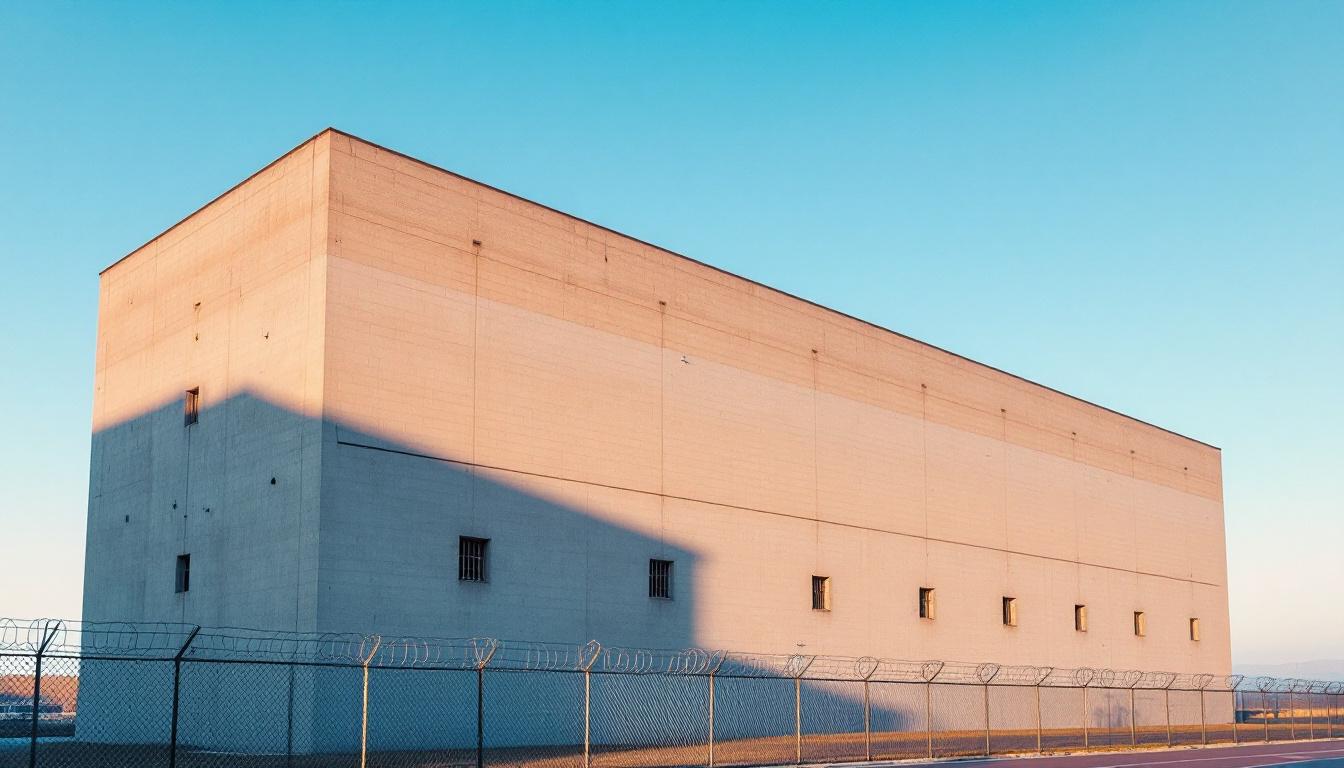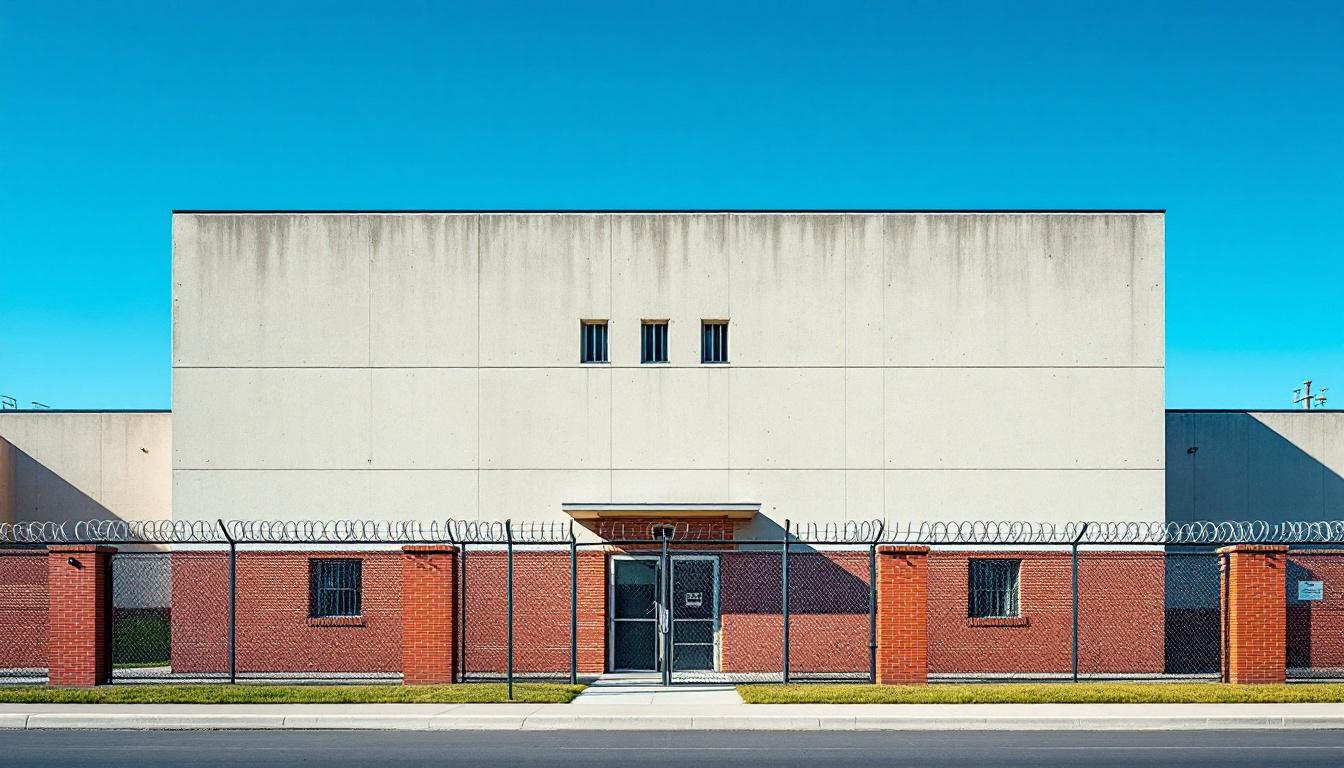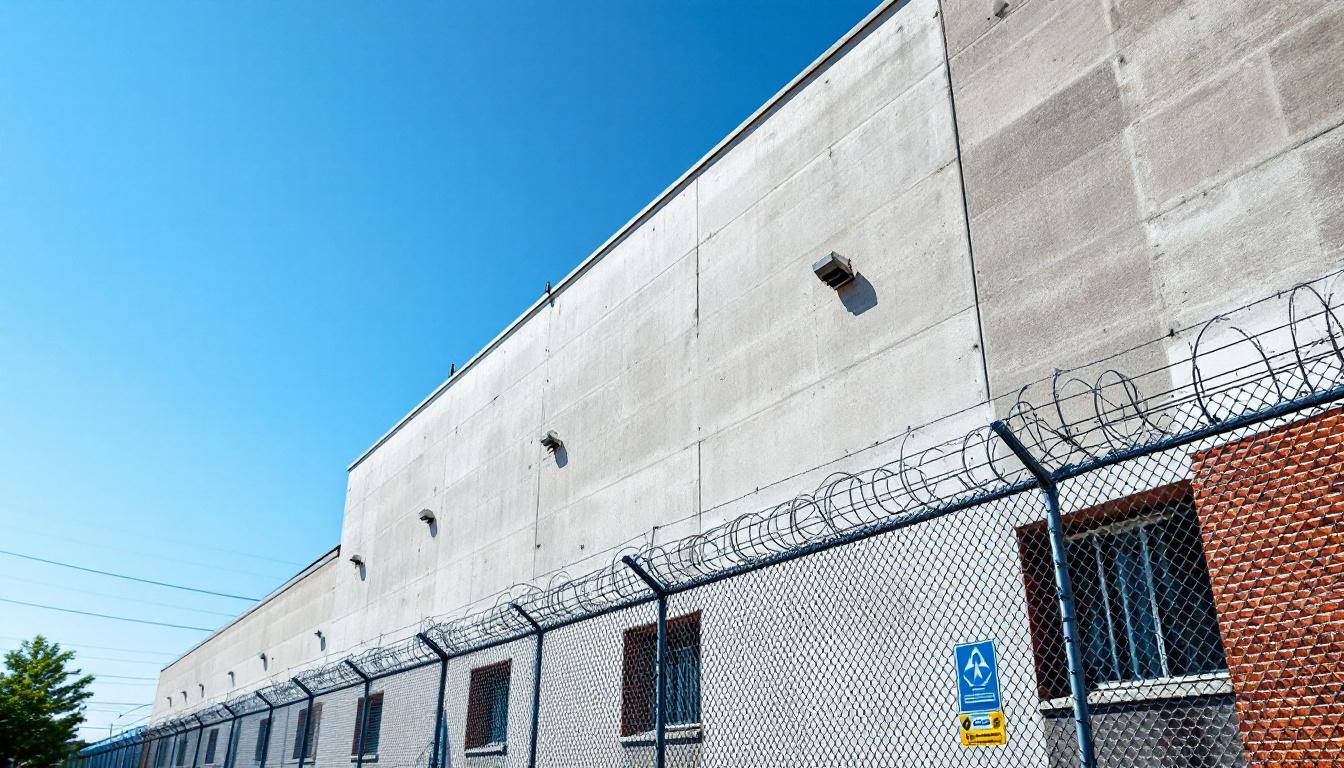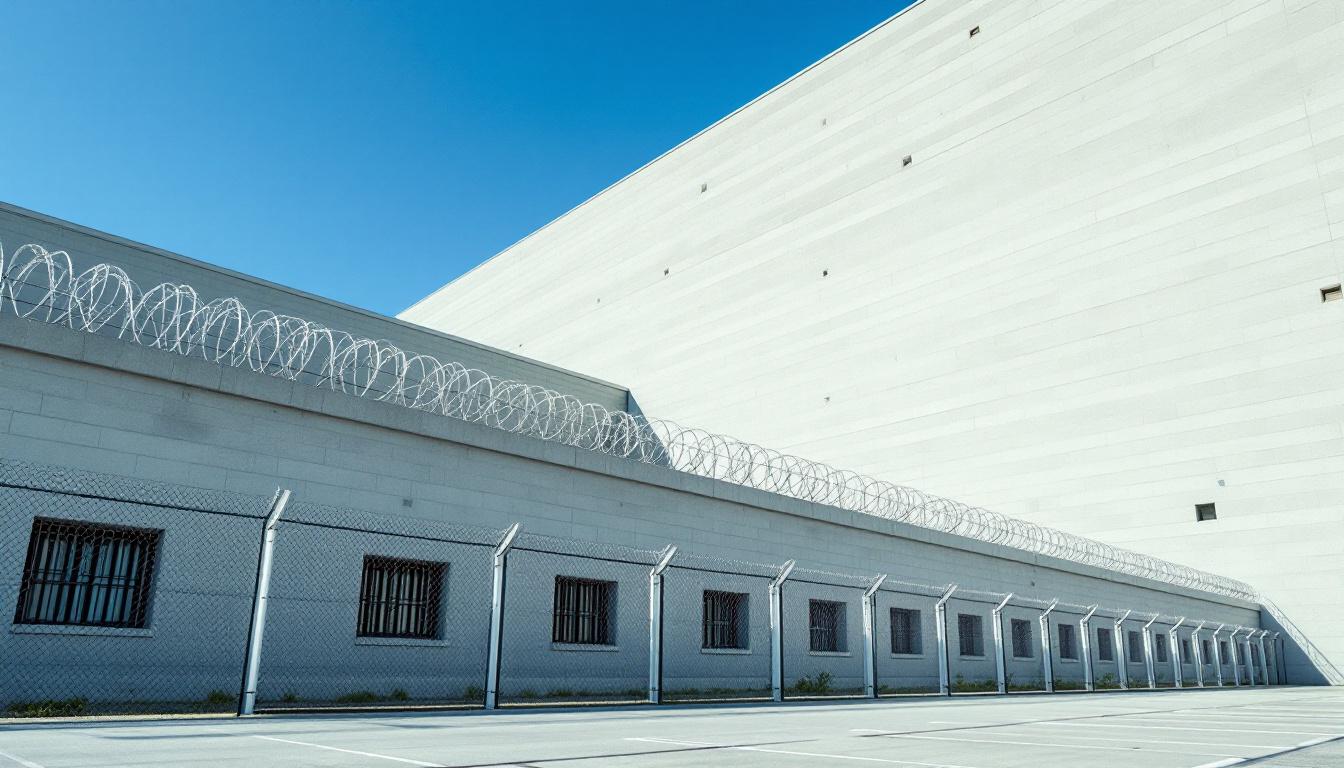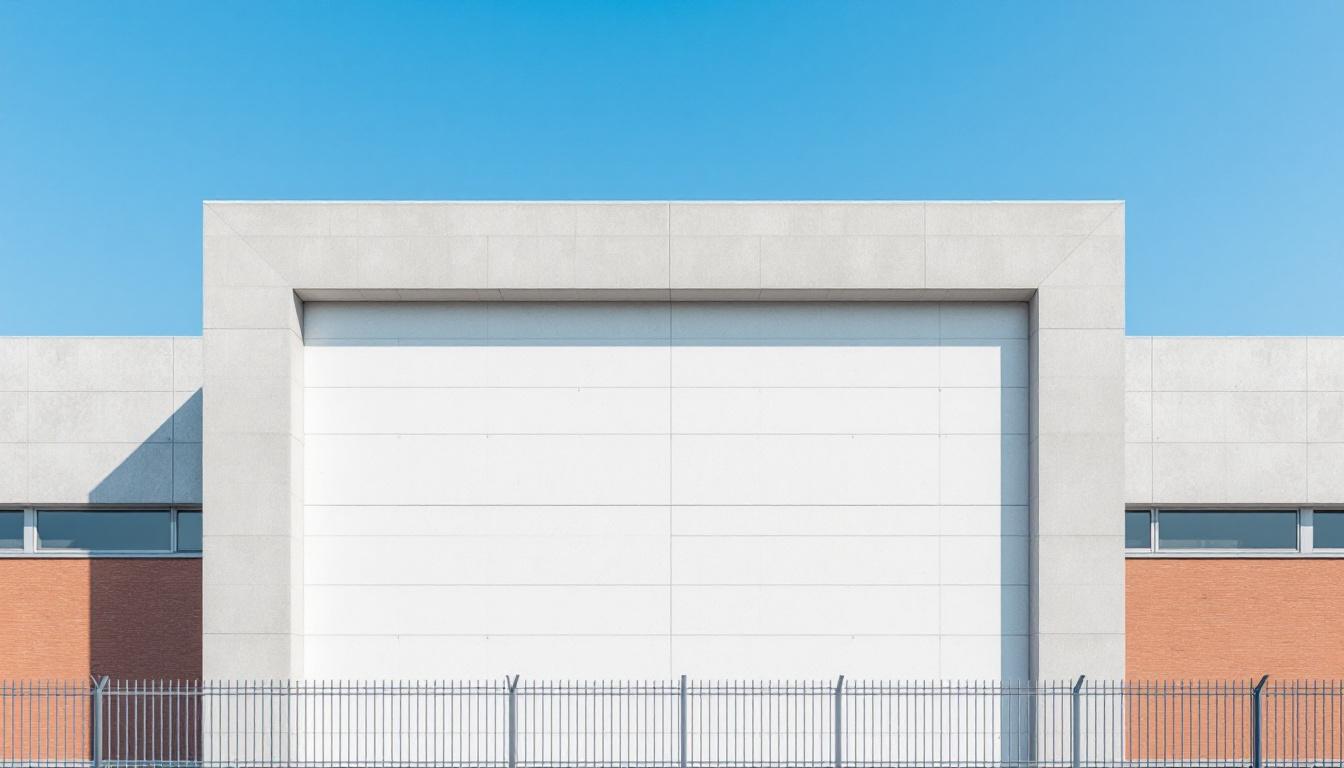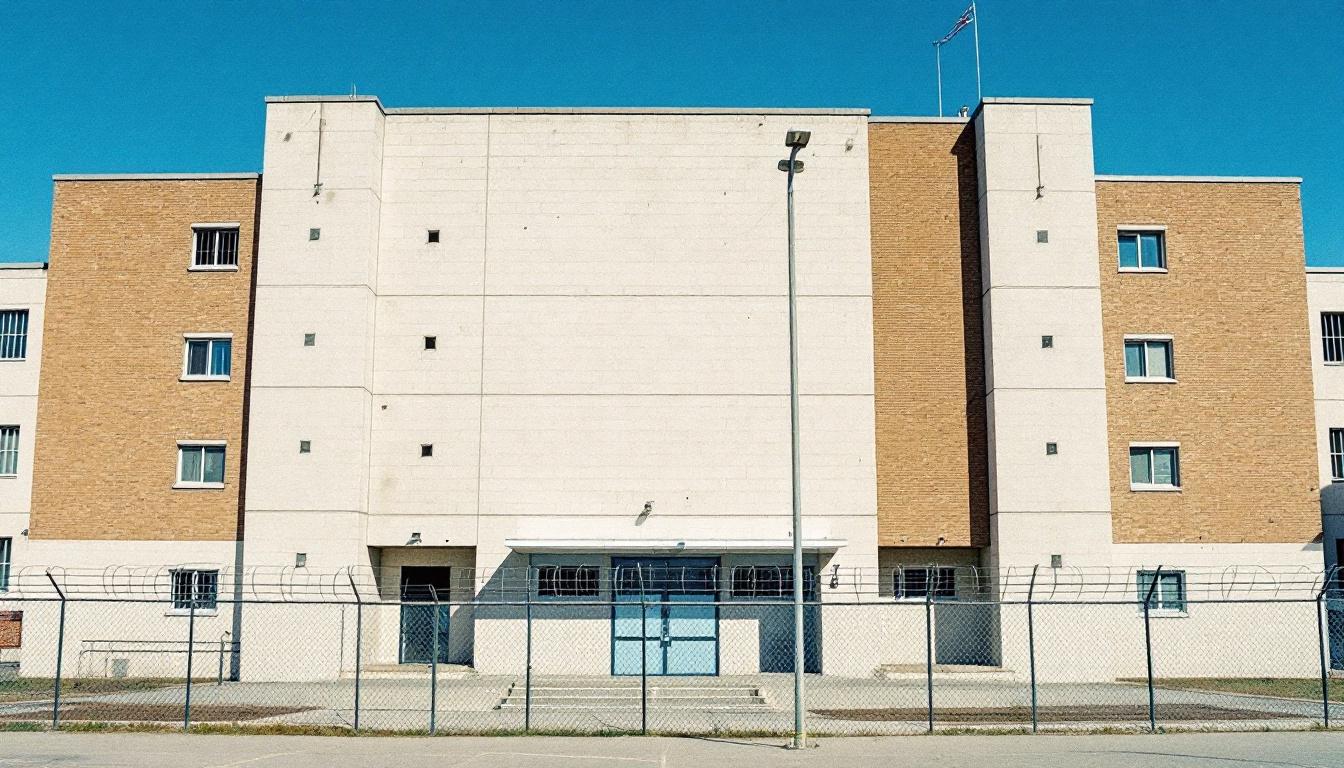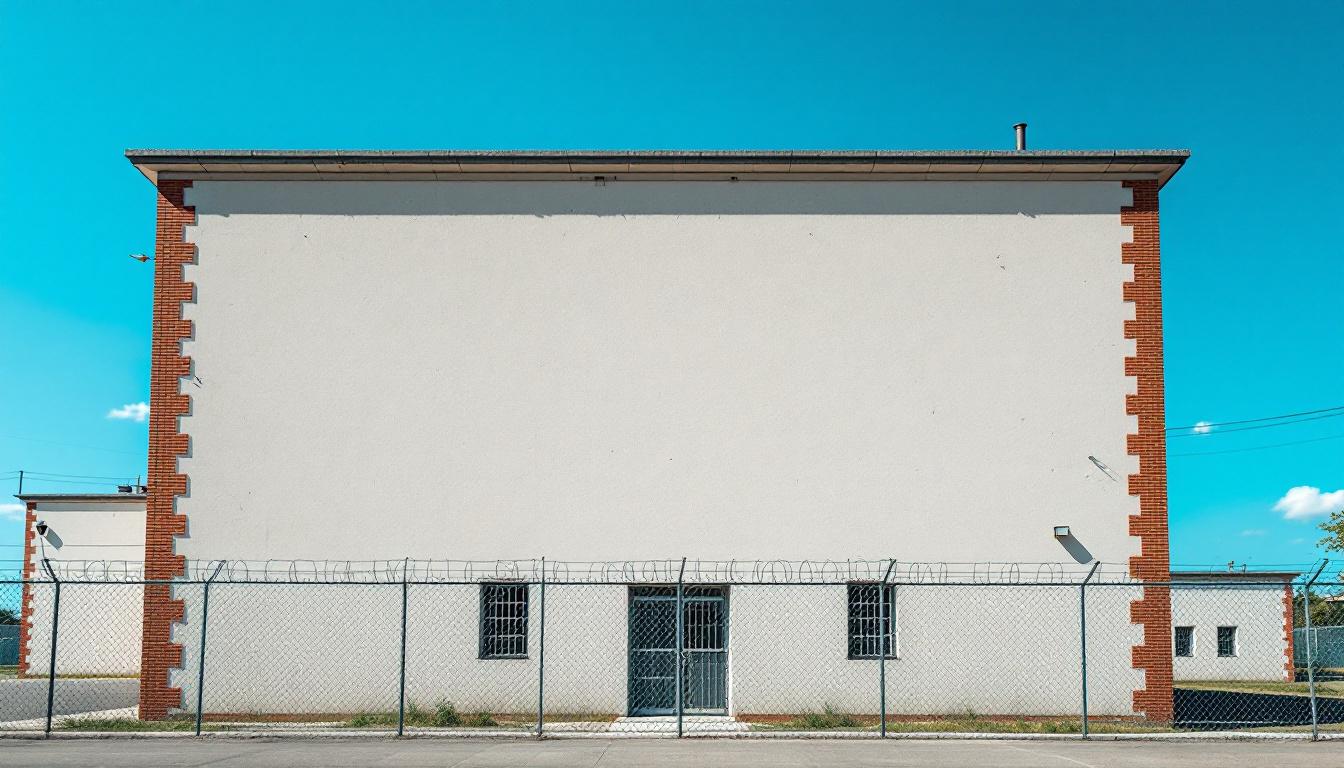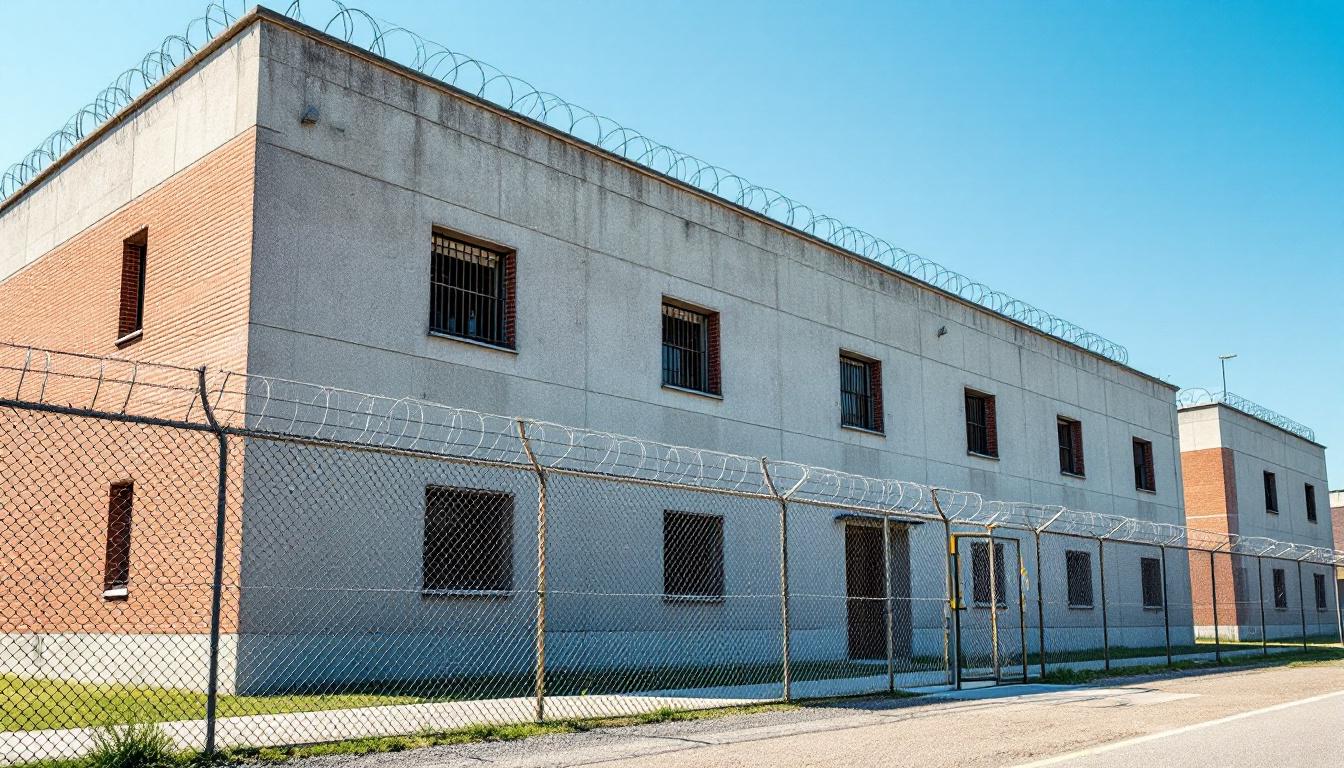
Quick Navigation
How to contact an inmate at Tallahatchie County Correction
This comprehensive guide will walk you through how to connect with an inmate at Tallahatchie County Correction. Follow the steps below to find an inmate and send letters and photos:
- Search for the inmate using our search tool below
- Create your account or log in to Penmate
- Write your message (up to 6,000 characters)
- Send instantly - inmates receive printed copies daily
Find an Inmate
Search for an inmate to start communicating today
Tip: You can search by first name, last name, or inmate ID number
To contact a person at Tallahatchie County Correction start by searching for the person on the official facility website. Perform a search by following these steps:
- Step 1: Enter their first name and last name into the search form and click "Search"
- Step 2: Locate their inmate record
- Step 3: Write down their Inmate ID and any housing information provided
Important! Be sure to enter the person's full name. Nicknames should not be used.
How to Send Messages to Inmates

You can use your phone or computer to send emails, letters, and photos to an inmate. Messages are sent electronically to inmate tablets or kiosks at the facility. If you would like to send a message, start by searching for an inmate at Tallahatchie County Correction.
Sending Photos and Postcards

A great way to send love and support to a loved one at Tallahatchie County Correction is to send photos and postcards. It only takes a few minutes to send photos from your phone and it makes a huge difference. You can also mail postcards with words of support and inspiration, or design your own postcard for special moments like birthdays and holidays.
Important! Be sure not to send any explicit photos or they may not be approved by the facility. You can also use a photo printing app like Penmate to make sure your photos are printed at the correct size (4x6 or 3x5) and are mailed according to the rules and regulations of Tallahatchie County Correction.
Frequently asked questions about Tallahatchie County Correction
-
How long does it take to deliver a message?
If you're sending an email message your letter is usually delivered within 24-48 hours. For messages sent via mail you should expect delivery within 3-7 days. All messages will need be approved by Tallahatchie County Correction.
-
How much does it cost to send a message to Tallahatchie County Correction?
You can send a message free using your phone or mail a message via USPS for the price of a $0.60 stamp and envelope. You can also purchase credits or e-stamps from services starting at $1.99.
-
What services can I use to contact an inmate at Tallahatchie County Correction?
Penmate
You can use Penmate to send letters and photos to an inmate from your phone. It's an easy way to stay in touch during your loved one's incarceration. Use the inmate locator to find an inmate's location and contact information, then you can send messages within a few minutes.
Securus messaging
Securus may be another option for communicating with an inmate at Tallahatchie County Correction. You can create a friends and family account and purchase credits to send messages. All messages will be reviewed and must be approved by the facility.
JPay
Some county jails and state prisons may support sending messages with JPay. You must register an account with the system, find your loved one, and purchase stamps to send messages. For some locations you can also attach photos.
Smart Jail Mail
You may also check if Smart Jail Mail is available at Tallahatchie County Correction. Smart Jail Mail is operated by Smart Communications and has contracted with some state and county jails. After purchasing credits, your messages and photos are sent to the facility, printed out, and then handed out to your loved one.
-
What is the mailing address of Tallahatchie County Correction?
Mailing address:
Tallahatchie County Correction
415 US 49
Tutwiler, MS 38963
Phone: (662) 345-6567 -
What are the visiting hours at Tallahatchie County Correction?
Visiting hours at Tallahatchie County Correction vary by housing unit and security level. Generally, visits are scheduled on weekends and holidays, with some facilities offering weekday visits. Contact the facility directly at (662) 345-6567 or check their website for the current visiting schedule. Visits typically last 30-60 minutes and must be scheduled in advance.
-
What items are prohibited when sending mail to Tallahatchie County Correction?
Prohibited items typically include: cash, personal checks, stamps, stickers, glitter, glue, tape, staples, paperclips, polaroid photos, musical or blank greeting cards, hardcover books, magazines with staples, and any items containing metal or electronics. Only send letters on plain white paper with blue or black ink. Photos must be printed on regular photo paper (no Polaroids). Always check with Tallahatchie County Correction for their specific mail policies.
-
How do I send money to an inmate at Tallahatchie County Correction?
You can send money to an inmate at Tallahatchie County Correction through several methods: 1) Online using JPay, Access Corrections, or the facility's approved vendor, 2) Money orders mailed directly to the facility with the inmate's name and ID number, 3) Kiosks located in the facility lobby, or 4) Over the phone using a credit or debit card. Fees vary by method, typically ranging from $2.95 to $11.95 per transaction.
-
Can I schedule a video visit with an inmate at Tallahatchie County Correction?
Many facilities now offer video visitation as an alternative to in-person visits. At Tallahatchie County Correction, video visits may be available through services like Penmate, Securus Video Connect, GTL, or ICSolutions. Video visits typically cost $10-20 for 20-30 minutes and must be scheduled in advance. You'll need a computer or smartphone with a camera and reliable internet connection. Contact the facility for their specific video visitation policies and approved vendors.
-
What identification do I need to visit an inmate at Tallahatchie County Correction?
All visitors must present valid government-issued photo identification such as a driver's license, state ID, passport, or military ID. Minors must be accompanied by a parent or legal guardian who can provide the minor's birth certificate. Some facilities require visitors to be on the inmate's approved visitation list, which may require a background check. Contact Tallahatchie County Correction for specific ID requirements and visitor approval procedures.
-
How can I find out an inmate's release date?
To find an inmate's release date at Tallahatchie County Correction, you can: 1) Use the online inmate search tool if available, 2) Call the facility's records department, 3) Contact the inmate's case manager or counselor, or 4) Have the inmate provide this information during a call or visit. For privacy reasons, some facilities only release this information to immediate family members.
Facility Overview
Contact Information
Tallahatchie County Correction415 US 49
Tutwiler, MS 38963
Phone: (662) 345-6567
Official Website

About Tallahatchie County Correction
County jail facilities serve as critical components within Tennessee's broader correctional framework, and Tallahatchie County Jail, TN exemplifies this collaborative approach through its commitment to meaningful outcomes for both individuals in custody and the surrounding community. Operating within the rural landscape of Tutwiler, TN, this correctional facility functions as more than a detention center, working alongside local agencies and community organizations to address the complex needs that often contribute to incarceration cycles.
The facility's role in TN's correctional system emphasizes rehabilitation programming that may include educational opportunities, substance abuse counseling, and vocational training designed to prepare individuals for successful community reintegration. Through partnerships with regional service providers, the population services typically encompass mental health support, family reunification programs, and pre-release planning that connects individuals with housing, employment, and continued treatment resources. This comprehensive approach recognizes that effective corrections work extends beyond secure custody to include meaningful preparation for life after release.
Positioned within Tennessee's rural correctional landscape, Tallahatchie County Jail generally maintains connections with state-level initiatives while addressing the specific challenges faced by smaller communities. The facility's programming often reflects the collaborative philosophy that successful reintegration requires coordinated efforts between correctional staff, community organizations, and family support systems, creating pathways that may help reduce recidivism while strengthening community safety throughout the region.
Programs & Services
Through comprehensive programming, the population at Tallahatchie County Jail receives structured support designed to address multiple areas of personal development. These programs typically focus on building essential life skills while fostering positive community connections. The facility often includes a range of services that may supply participants with tools for successful reintegration into their communities.
Education services form a cornerstone of the facility's offerings, providing opportunities for academic advancement and skill development. The population may participate in various educational initiatives that help build foundational knowledge. Also, vocational programs often include hands-on training opportunities that teach practical skills for future employment. These programs typically emphasize job readiness and workplace preparation.
Faith-based programs provide spiritual support and community connection for interested participants. The facility may supply intramural sports activities that promote physical wellness and teamwork among the population. Also, healthy relationships programs often focus on communication skills and conflict resolution. Music programs typically offer creative outlets for self-expression, while life coaching services may provide individualized guidance for personal goal-setting and decision-making skills. These supportive services work together to address the diverse needs of participants during their time at the facility.
Daily Life & Visitation
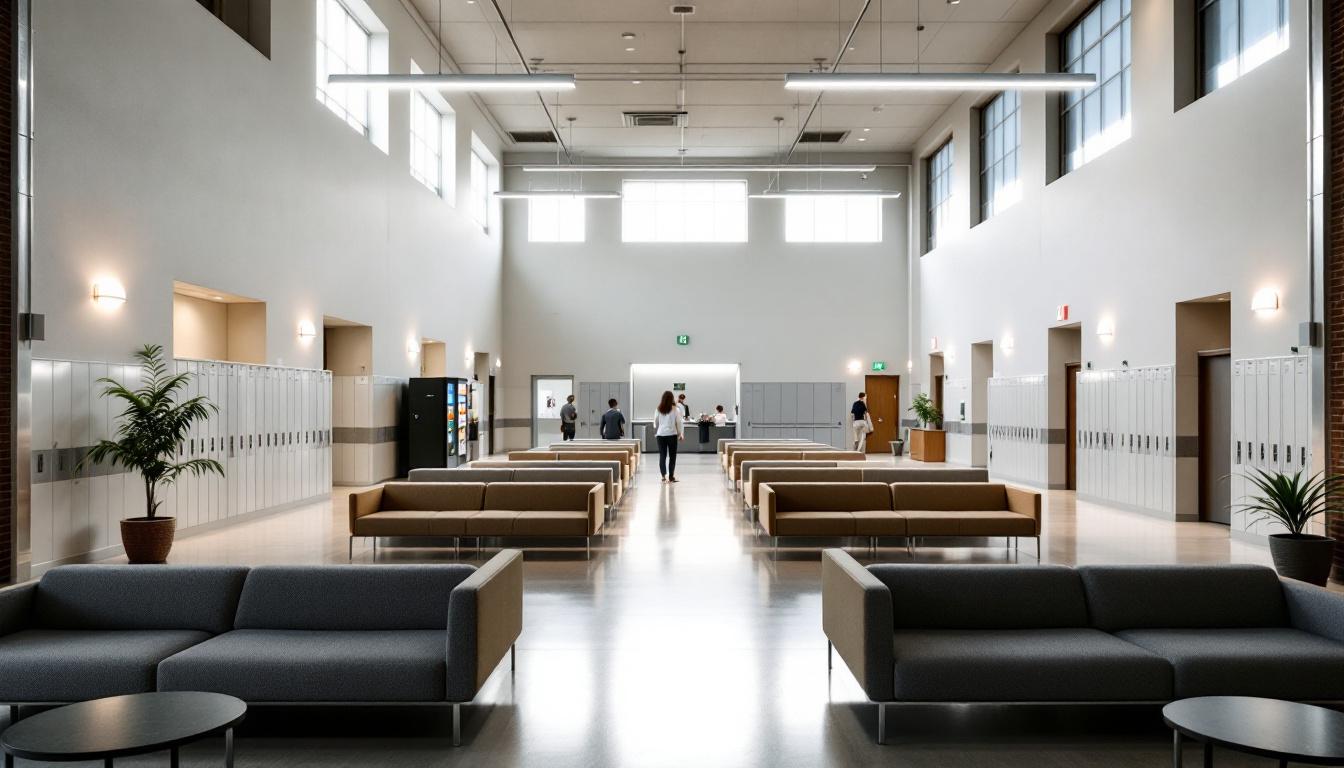
Systematic organization at present shapes every aspect of the experience for the population, with structured schedules actively governing movement, meals, and programming throughout each day. The facility typically operates on a regimented timeline that includes designated periods for meals, recreation, work assignments, and rest. Security procedures generally involve regular counts and supervised transitions between different areas of the facility. The population usually follows established routines that may include wake-up calls, scheduled meal times, and designated periods for various activities.
Housing arrangements typically consist of dormitory-style units or individual cells, depending on classification levels and available space. The population generally shares common areas for dining and recreation, with meals usually served in a central cafeteria setting at scheduled times. Personal property is often limited to essential items, and commissary services may be available for additional purchases. Living spaces usually include basic furnishings and may accommodate multiple individuals per unit, with bathroom facilities shared among residents in designated areas.
Also important to daily structure are work assignments that supply meaningful activity and may include kitchen duties, maintenance tasks, or facility cleaning responsibilities. Recreation opportunities typically include outdoor exercise periods and access to common areas for leisure activities. However, visitation policies generally operate on scheduled days with specific time limitations, and communication with family members usually occurs through monitored phone calls or written correspondence. Programming schedules may offer educational classes, counseling sessions, or other structured activities designed to support rehabilitation goals and provide constructive use of time during incarceration.
Ready to Connect?
Start communicating with your loved one today
Search for an Inmate
